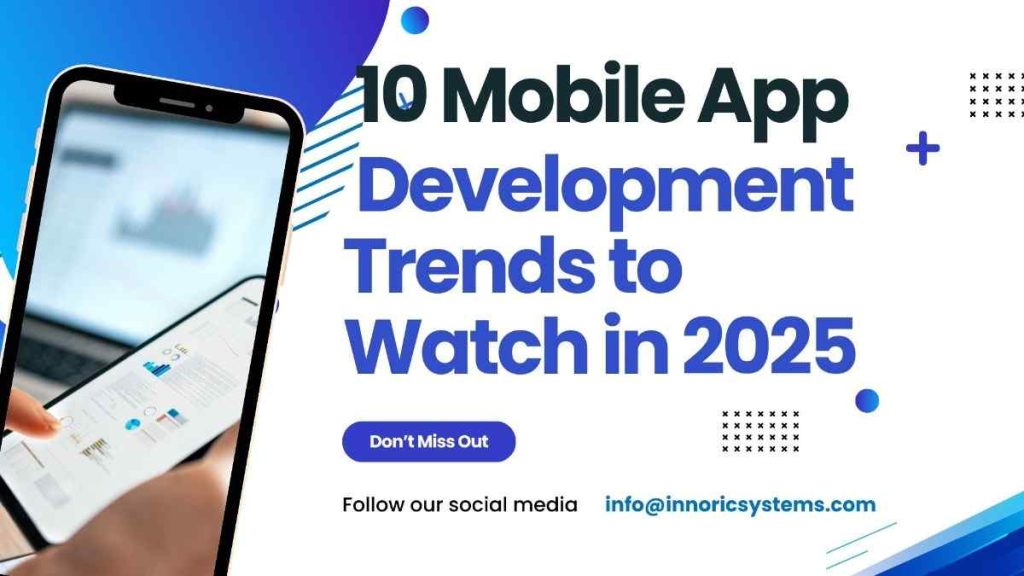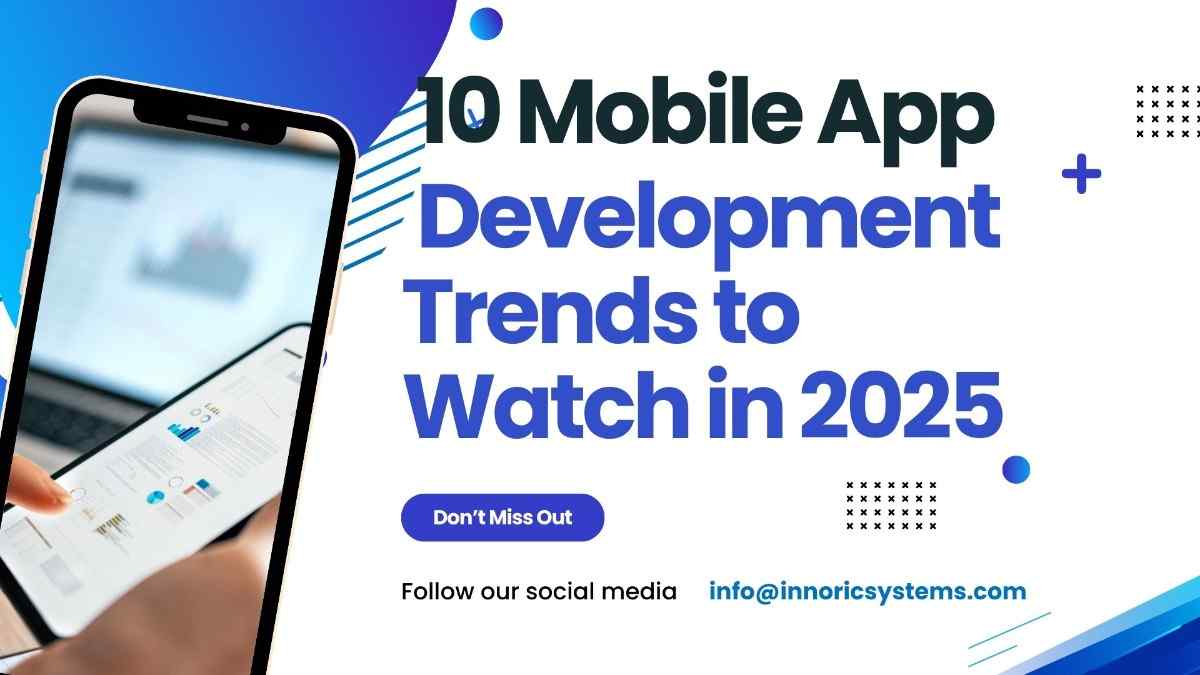10 Mobile App Development Trends to Watch in 2025
1. AI-Driven Personalization
In 2025, personalization will go far beyond basic recommendations. With the help of AI, mobile apps will learn from real-time user behavior, patterns, and preferences to deliver hyper-customized experiences. Imagine a fitness app that tailors workouts based on your progress, sleep, and stress levels or a shopping app that feels like it understands your style better than you do. Companies embracing AI personalization are already seeing higher retention and engagement, proving that the next wave of mobile apps will focus on deeper, more authentic user connections.
2. Growth of Super Apps
The rise of super apps is reshaping how people manage everyday tasks. Instead of juggling multiple apps, users can now access transportation, payments, food delivery, and even healthcare all within a single platform. Popular examples like WeChat, Gojek, and Grab have already set the benchmark, showing that multifunctional apps are the future. In 2025, more developers will prioritize convenience and integration, making super apps the go-to digital hubs for modern life.

3. The Impact of 5G Technology
5G is unlocking opportunities for faster, smoother, and more data-intensive applications. With global 5G connections expected to skyrocket in the next few years, apps will be able to offer ultra-responsive gaming, seamless streaming, and real-time experiences at a scale never seen before. For developers, this means designing apps that can leverage speed, low latency, and high capacity to deliver unparalleled performance.
4. AR and VR Experiences
Augmented Reality and Virtual Reality are no longer futuristic—they are becoming central to app development. From AR-powered shopping experiences like IKEA’s virtual furniture previews to VR-driven immersive gaming, these technologies are transforming industries. In 2025, expect more apps to combine AR and VR to create engaging, interactive environments that redefine how users shop, play, and learn.
5. Integration with Wearables
Wearable technology is moving beyond fitness tracking. With smartwatches and health devices becoming mainstream, app developers are now exploring how to build seamless integrations. The Apple Watch, for instance, already supports payments, health monitoring, and app access directly from the wrist. As wearables gain more advanced capabilities, mobile apps designed for these devices will become essential in 2025.
6. Blockchain in Mobile Apps
Blockchain is finding its place in mobile app ecosystems far beyond cryptocurrency. Its secure and decentralized structure makes it ideal for healthcare, fintech, and supply chain apps. From encrypted patient data to secure peer-to-peer payments, blockchain is paving the way for trust-driven, transparent mobile solutions. As data privacy becomes a top concern, more developers will embed blockchain to enhance credibility and security.
7. Rise of Low-Code and No-Code Development
Low-code and no-code platforms are democratizing app creation. With drag-and-drop tools and pre-built templates, businesses and even individuals can now create fully functional apps without deep coding skills. The market for these platforms is growing rapidly, enabling startups to test ideas quickly and developers to speed up workflows. By 2025, low-code development will play a crucial role in bridging the gap between innovation and execution.
8. Predictive Analytics for Smarter Apps
Mobile apps are becoming proactive thanks to predictive analytics. Using machine learning and AI, apps can forecast user needs and behaviors to deliver timely recommendations. Think of Netflix suggesting the next show you’ll love or retail apps highlighting products you’re most likely to buy. As predictive analytics evolves, apps will offer even more personalized, context-aware experiences that boost engagement.
9. IoT Integration in Mobile Apps
The Internet of Things is turning homes, cities, and workplaces smarter—and mobile apps are the key to managing connected devices. From adjusting thermostats to controlling security systems, apps are becoming the remote controls of daily life. With the IoT market growing into trillions, app developers will continue creating solutions that simplify connectivity and enhance efficiency across industries.
10. Stronger Mobile App Security
With mobile cyber threats rising, app security is no longer optional. Developers are integrating biometric authentication, password-less logins, and advanced encryption to protect sensitive data. As user trust becomes a competitive advantage, apps that prioritize security will stand out in 2025. Expect seamless, user-friendly security features that safeguard privacy without adding friction to the user experience.
In Summary
Mobile app development is evolving rapidly, and 2025 is set to bring transformative changes. From AI personalization and blockchain to IoT integration and stronger security, these trends highlight the shift toward smarter, faster, and more user-centric apps. Businesses and developers that embrace these innovations will not just stay ahead of the curve but also deliver experiences that users will love and rely on.







